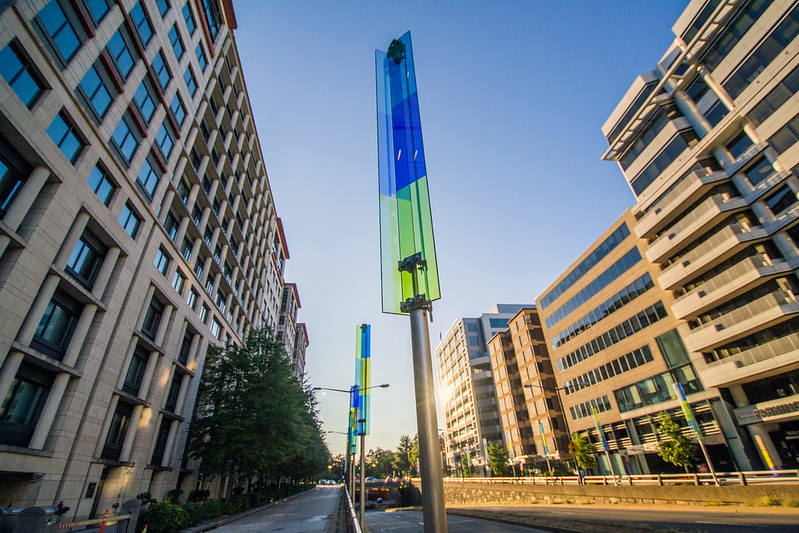On October 20, 2021, the D.C. Policy Center’s article, Examining office to residential conversions in the District, was cited by the Washington Business Journal:
Researchers at the D.C. Policy Center and D.C. Office of Planning have both argued in recent studies that the dearth of conversions often stems from a simple math problem: Even with declining vacancy rates, the shift to residential still may not generate high enough rents to justify the expense of making the switch. Owners of older, class B and C buildings are therefore much more likely to explore the prospect, and even then, owners in the suburbs have more incentive to convert than those in downtown D.C.
Still, Yesim Sayin Taylor, head of the D.C. Policy Center, argues that the city could still be able to nudge property owners in the right direction. However, she argued in a D.C. Council hearing Oct. 12 that D.C. would be better off directing a portion of the city’s main affordable housing loan fund, the Housing Production Trust Fund, to conversions rather than setting “broad policy.”
“There are too many building-specific factors that could make or break a conversion,” Taylor told the council’s special committee on Covid-19 recovery. “[You could] hold a ‘conversion competition’ inviting developers and owners to submit their proposals to convert, including affordability covenants they propose to meet, and the requisite subsidies they would need to get there. The subsidies then can be directed to projects that promise the greatest value.”
